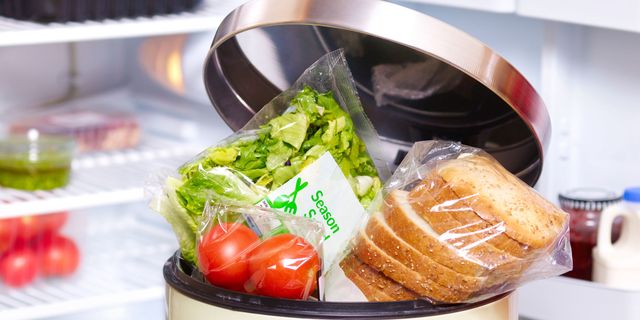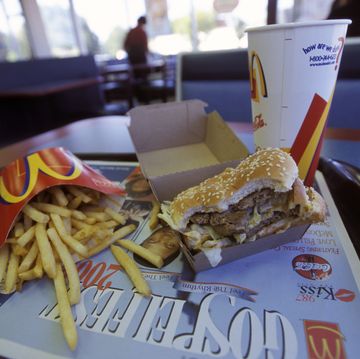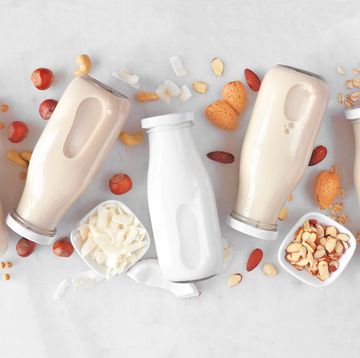Here's How Long You Can Actually Keep Food After the Expiration Date
Discover how important that date stamp really is.
They're meant to protect us and ensure the highest quality and safety of our food, but why are expiration dates so confusing? The cryptic and sometimes smudged date on the label of a food product can leave us wondering how safe it is to eat. And, in a less than perfect economy, where many people are trying to stretch their grocery budget, is it ever OK to keep food beyond its sell-by date? Find the answer to this question and more.
Expiration Date 101
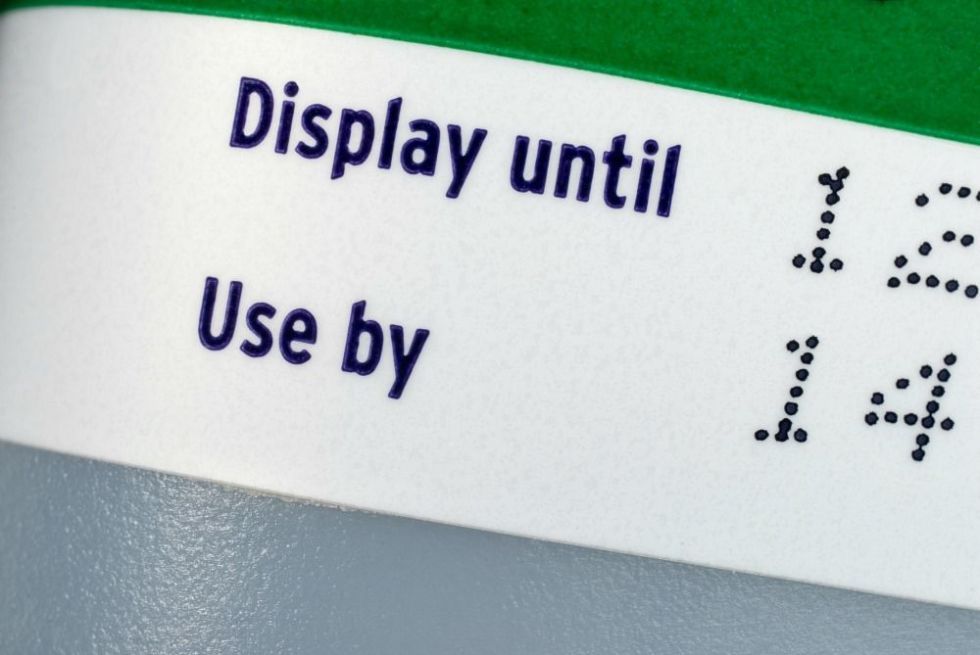
Use by, sell by or best before…confusing, right? Next time you're trying to make sense of a food label, remember these guidelines from Lindsay Baker, RD, LD, a registered dietitian and food safety expert in Augusta, Georgia:
• Sell by most often is grocer terminology, letting the meat or dairy clerk know when to swap out stock. While you can normally safely eat a food a few days after a sell-by date, it's not recommended to go much beyond it.
• Best before refers to quality and taste standards. The length of time that food is good after this date depends on the product. Refer to the guidelines listed below for specifics on each food type.
• Use by is more of a hard-and-fast rule indicating that it is not safe to consume a product beyond the stated date.
And yet, in some cases, according to Shari Portnoy, MPH, RD, a registered dietitian and food safety expert in New York City, it can be all in our heads. "The expiration date can have an impact on how we taste the food," she says. "A study at Cornell University that was reported in the Journal of Food Science showed that people who ate yogurt on the day it was said to expire said the yogurt tasted bad. Others who ate the same yogurt but didn't see the expiration date enjoyed the food without claims of spoilage."
Ultimately, it all depends on the type of food. Read on to find out specifics.
Meat
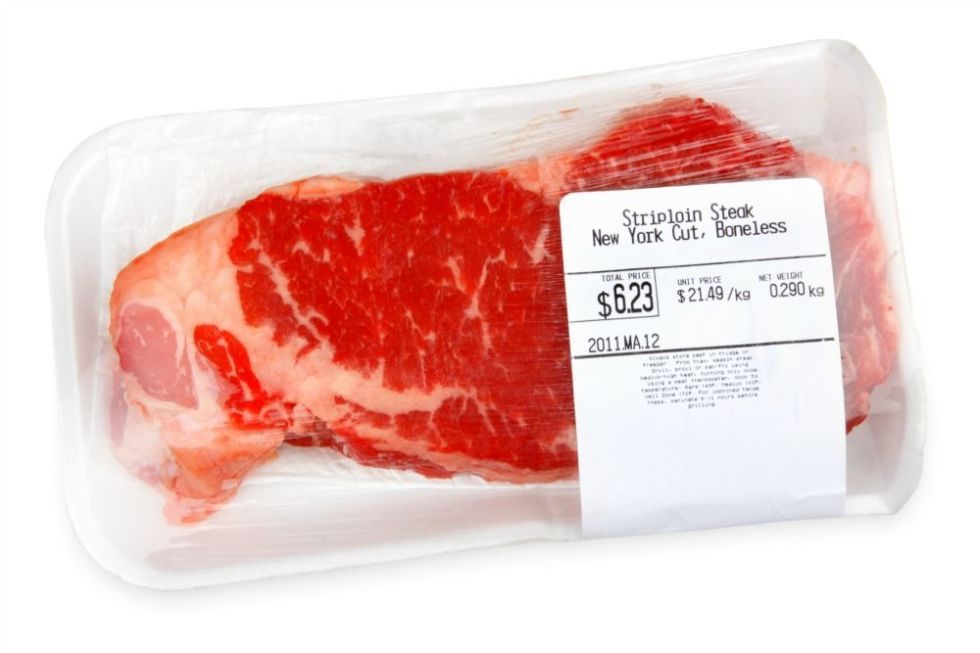
Expiration dates are more important than ever with raw meat—and so is common sense. "Whether it's ground hamburger or a pound of steak, either eat it or freeze it within two days of purchase," says Jackie Keller, a certified provider of food safety training for the County of Los Angeles Department of Health. But what if the date is days away? "Even if the sell-by date is five days away, home refrigerators usually aren't cool enough to keep the meat fresh for more than two days," says Keller. Any frozen ground meat should be used within three months; pork holds for six months; and beef, lamb, veal and venison last eight to 12 months, says Keller, citing the Ohio State University guidelines for food management.
Signs of spoilage? "If meat is brown or green, it's no good," says Baker. "A slimy, sticky or dry texture is also indicative of spoilage, as is a sour odor." She adds, "Ground beef has more surface area than other meats and may spoil sooner due to bacterial growth.
Baby Food and Infant Formula
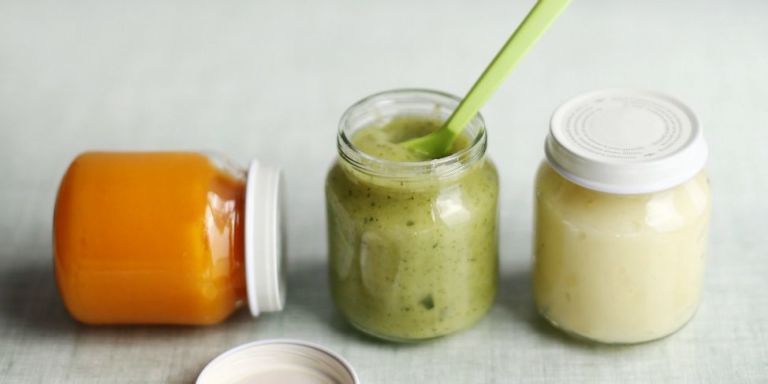
"These usually have a use-by or expiration date," says Keller. "That's because it's required by the U.S. Food & Drug Administration for their nutritional value. The formula or baby food is guaranteed to contain a certain quantity of each nutrient described on the label only if consumed by that date. Also, if formula is stored too long, it loses its quality and forms lumps that will clog the plastic nipple."
Bottom line: Do not buy or use baby formula or baby food after its use-by date—ever.
Condiments
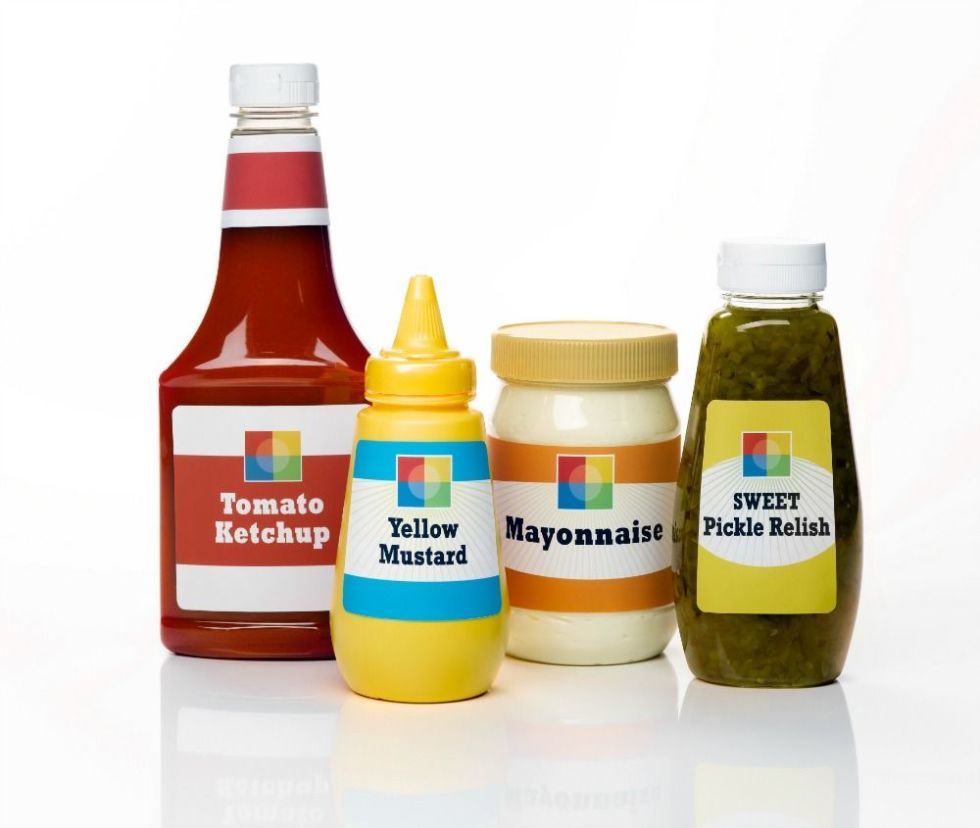
Do you have a jar of mustard in your cabinet from 2004? Ketchup from last summer? It might be time to toss them, says Keller. "As a rule of thumb, condiments that have a higher sugar and salt content stay fresh longer and have a longer shelf life." But, she adds, many condiments don't carry expiration dates, so use this rule: When in doubt, throw it out. Here's a guide to how long the following condiments will last once opened: ketchup, one month in pantry, six to eight months in fridge; mayonnaise, two months in fridge; jellies and jams, one year in fridge; mustard, six to eight months in fridge; peanut butter, two to three months in fridge; pickles, one to two months in fridge; sour cream, two weeks in fridge; salad dressing, three months in fridge; butter, three months in fridge (can be stored in the freezer for up to a year).
Packaged Foods

Take a quick look in your pantry. Are there chips from three months ago? Crackers from last summer? A box of cereal from who-knows-when? "Dates on food packages have more to do with quality than they do safety," says Baker. So, they may be stale, but they're unlikely to be unsafe for consumption. Yet, reminds Nussinow, some spoilage can occur with packaged snacks. "The biggest issue is the oils in them getting rancid," she says. "If you open a bag of chips or pretzels that's past the sell-by date and it smells bad, throw it out. I'd be especially careful with any packaged item that contains flax, since it tends to get rancid quickly. Use your nose for these foods."
Milk, Cream and Yogurt
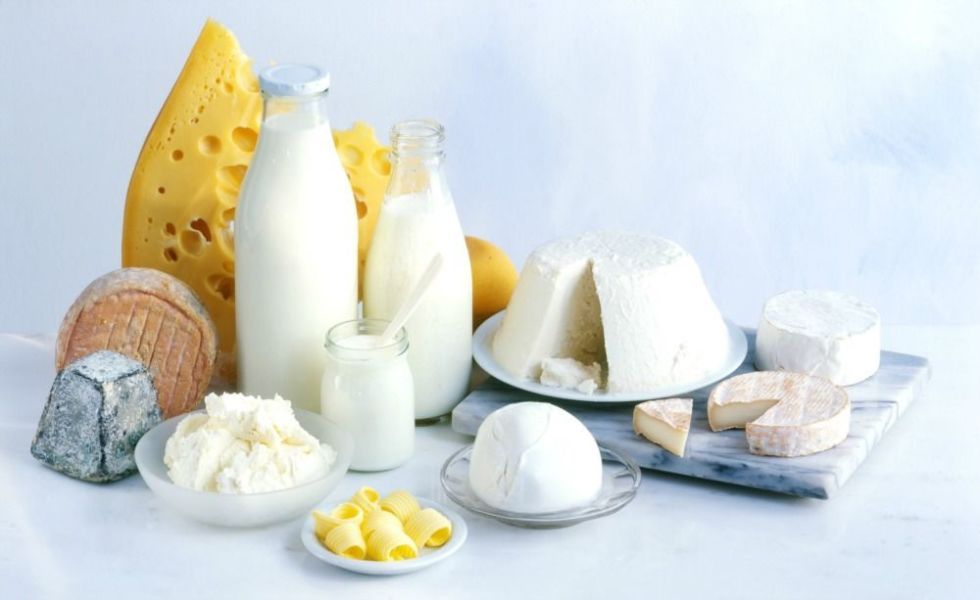
We've all had a carton of milk in the fridge that's past its expiration and done the sniff test to see if it might be safe to pour over cereal. Most likely, Keller says, the sell-by date on the carton doesn't necessarily translate to the date the milk will spoil. "Milk usually carries a sell-by date because it is affected by many things in the environment," she explains. "It can lose vitamins when exposed to light, which is why it usually comes in opaque plastic or paperboard. Light also can cause unpleasant flavors in milk within 36 hours, though it isn't necessarily dangerous. If stored around 37 degrees Fahrenheit, pasteurized milk will remain fresh for two to five days after its sell-by date." And yogurt? "Use within seven days of opening and keep tightly covered," says Baker. "If unopened, it should still be good up to a few weeks after the date stamped on it. As always, check for signs of spoilage, like a blue-green tint, or a sour smell or taste."
Frozen Foods

Aside from frozen meat, which should be tossed based on the guidelines above, most frozen foods can last months, even years in the freezer without risk of spoilage. However, adds Baker, "some foods may end up with some freezer burn after a period of time. It's not unsafe to eat these, but they may not taste very good."
Fruits and Vegetables
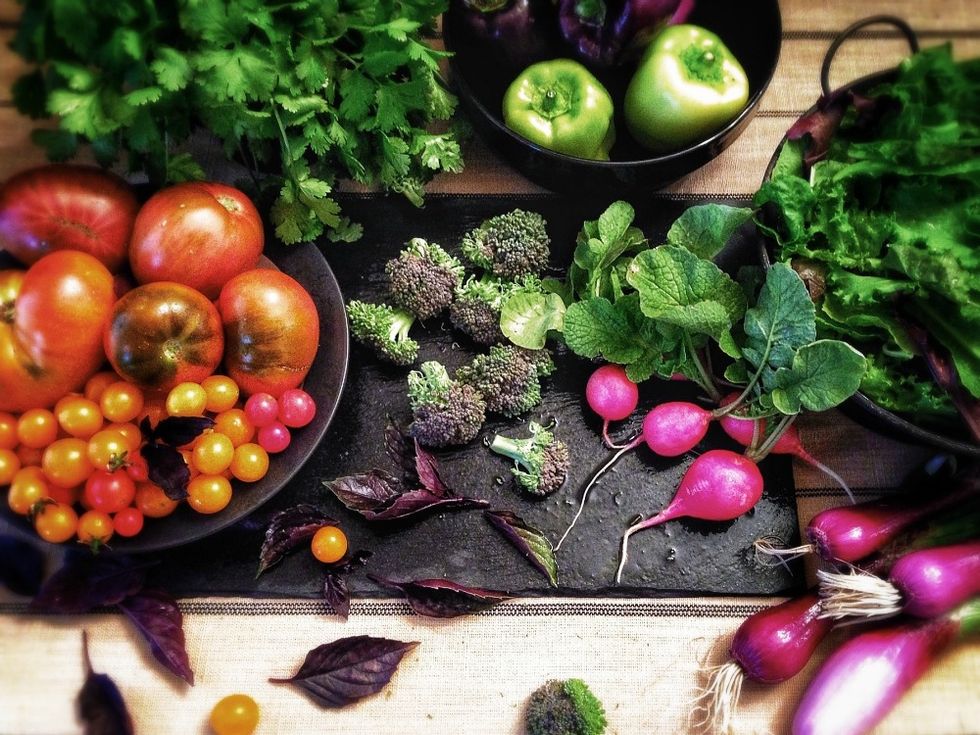
Of course, veggies and fruits are perishable, but they don't come with expiration dates, so use this advice: "Most vegetables are best if used within a week of purchase, although carrots can often last longer," says Nussinow. "Any slimy spots, mold, yellowing or withering of vegetables and fruits are all good reasons to turn them into compost. Potatoes, stored in a cool, dry place, might last a month or more. If they start sprouting, they ought to go. Onions stored the same way will often last even longer. But don't store your onions and potatoes together, as they tend to make each other spoil faster."
Canned Foods
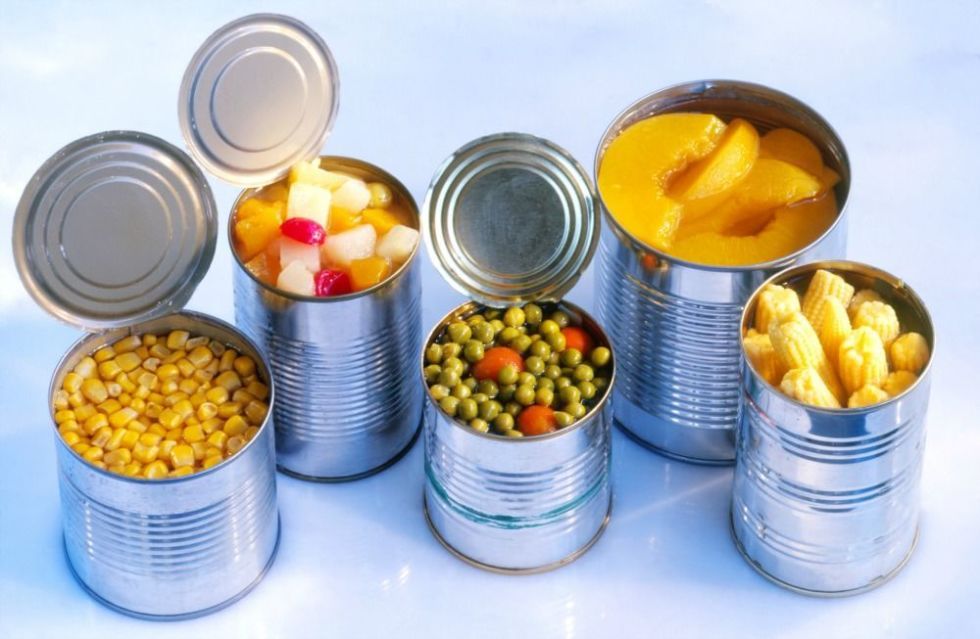
Can you safely use a can of pumpkin from last Thanksgiving, even though it expired six months ago? Maybe, says Keller. "Some manufacturers like to claim that canned foods don't spoil for at least two years, but guidelines from the University of Minnesota say to store them below 75 degrees Fahrenheit and not to keep them for more than 12 months," she says. (Just think of how many hot summer days you endured in your un–air conditioned house—your canned food got hot too!) However, the chances are low that the canned food item will have spoiled after a year. "There is a steady loss of vitamins in canned vegetables and fruits," says Keller. And, she adds, "Watch metal lids for rust that can spoil foods." In general, high-acid canned foods such as tomatoes, grapefruit and pineapple can be stored on the shelf 12 to 18 months, says Keller. Low-acid canned foods such as meat, poultry, fish and most vegetables will keep two to five years—if the can remains in good condition and has been stored in a cool, clean, dry place.
Watch Next


59 Easy Heart-Healthy Recipes

25 Traditional Eid al-Fitr Foods and Sweets

Starbucks Has Two New Valentine's Day Drinks
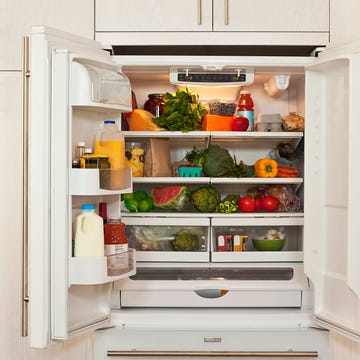
8 Foods With a Surprisingly Short Fridge Life
